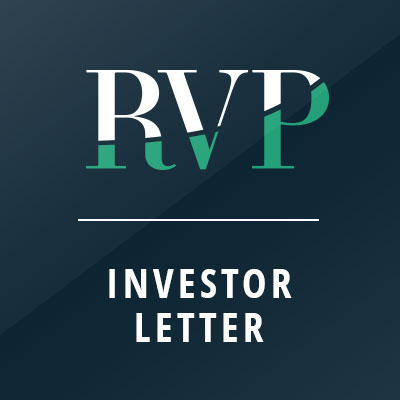
For the first nine months of 2016, the Durable Income Strategy performed well. Durable Income generated a 16.64% net return vs the Barclays High Yield Index Benchmark return of 15.11%. Since inception (June 1, 2014), Durable Income has generated a 7.61% annualized net return vs the Barclays High Yield Index’s annualized return of 3.24%. Durable Income invests in exchange traded, income oriented securities with an underlying goal of generating above market income while avoiding permanent asset impairment. Since seeding the strategy, the portfolio managers have added new capital.
As of September 30th, Durable Income was generating an attractive 7.47% gross yield and the portfolio was priced at a weighted average price to book value of 93%1. The 3rd quarter was relatively benign and uneventful from a market perspective; however, there continues to be solid investor demand for incoming producing securities. During the 3rd quarter, we made slight adjustments to the portfolio with the overall objective of decreasing risk. We increased cash slightly, reduced our exposure to rising interest rates and trimmed some of the larger positions. The decrease in the net portfolio yield was a combination of improving prices on the underlying securities and a conscious decision to be more cautious. We believe that as the 4th quarter progresses, there are a number of events that could increase volatility. The obvious catalysts are the elections, the Fed and general year-end pressures. As a result, we are slightly more defensive as we look for attractive opportunities.
We continue to believe that Durable Income is a compelling long term story given its diversified portfolio of well-structured entities trading at a discount to book value with the overwhelming majority of the portfolio’s underlying assets holding a par claim. RVP’s overriding risk management theme is anchored around prudent interest rate and credit risk while understanding an entities’ structural protections and financing terms. In short, we want to avoid entities that might suffer permanent impairments due to poor liability structures despite good underlying assets. It is our belief that over time, well underwritten assets with good capital structures, purchased at a discount, earning substantial positive carry, will generate attractive long term, risk adjusted returns.
Read our full October Investor Letter
Relative Value Partners merged with Kovitz Investment Group Partners, LLC as of August 2024. All Insights are opinions of the author as of the posting date. Any graphs, data, or information in this publication are considered reliably sourced, but no representation is made that it is accurate or complete, and should not be relied upon as such. This information is subject to change without notice at any time, based on market and other conditions. Past performance is not indicative of future results, which may vary.